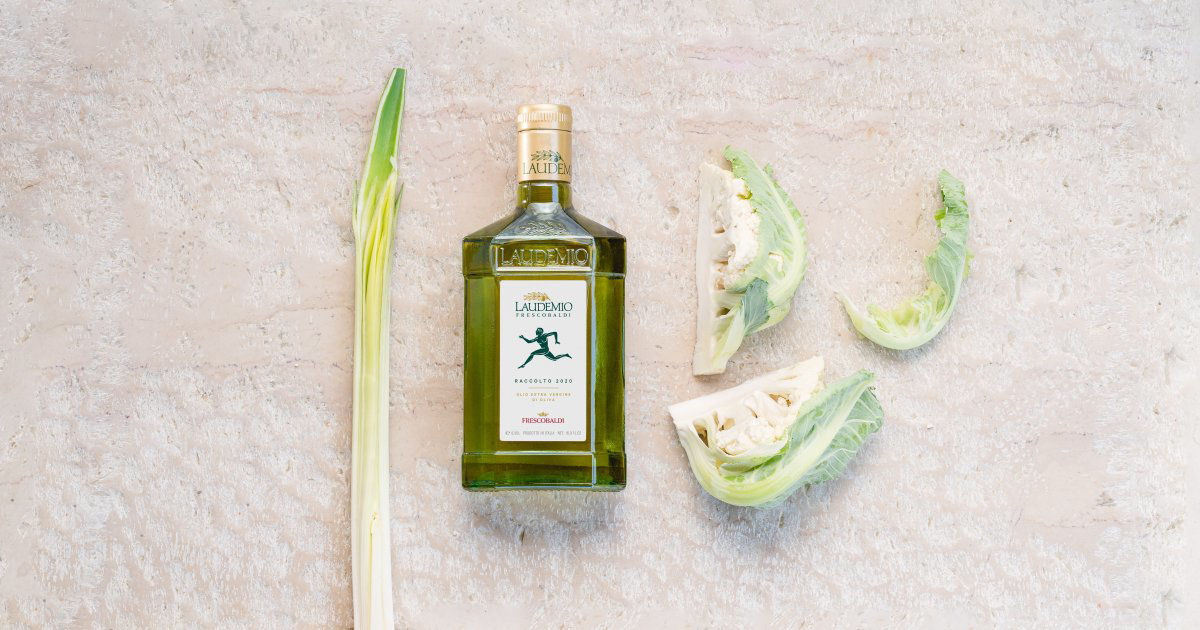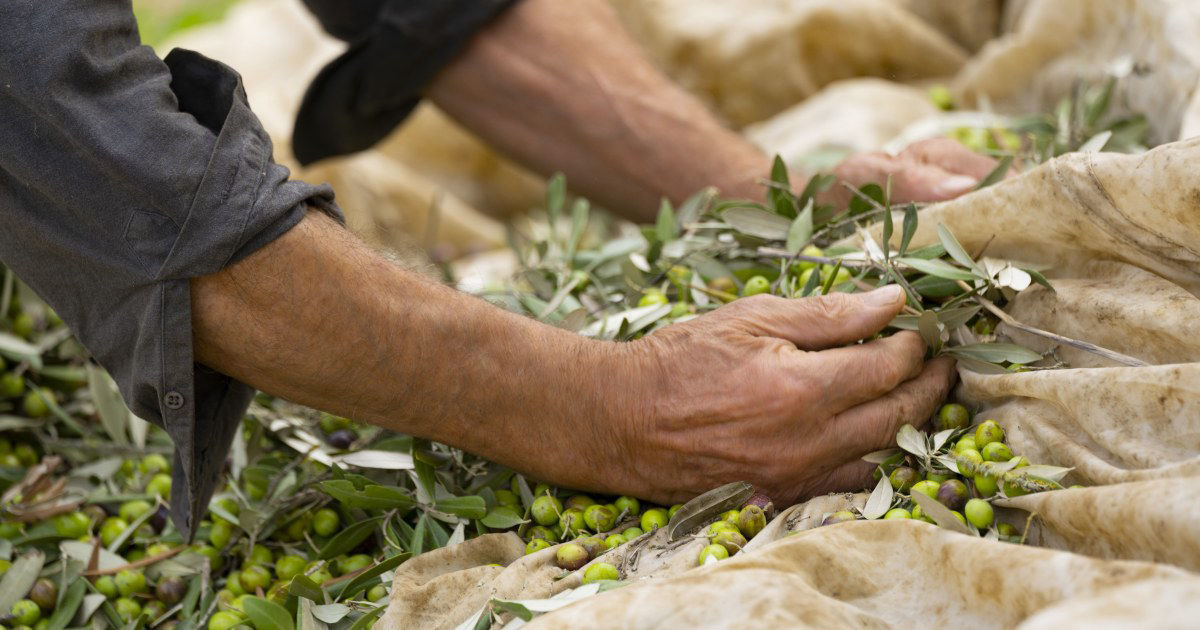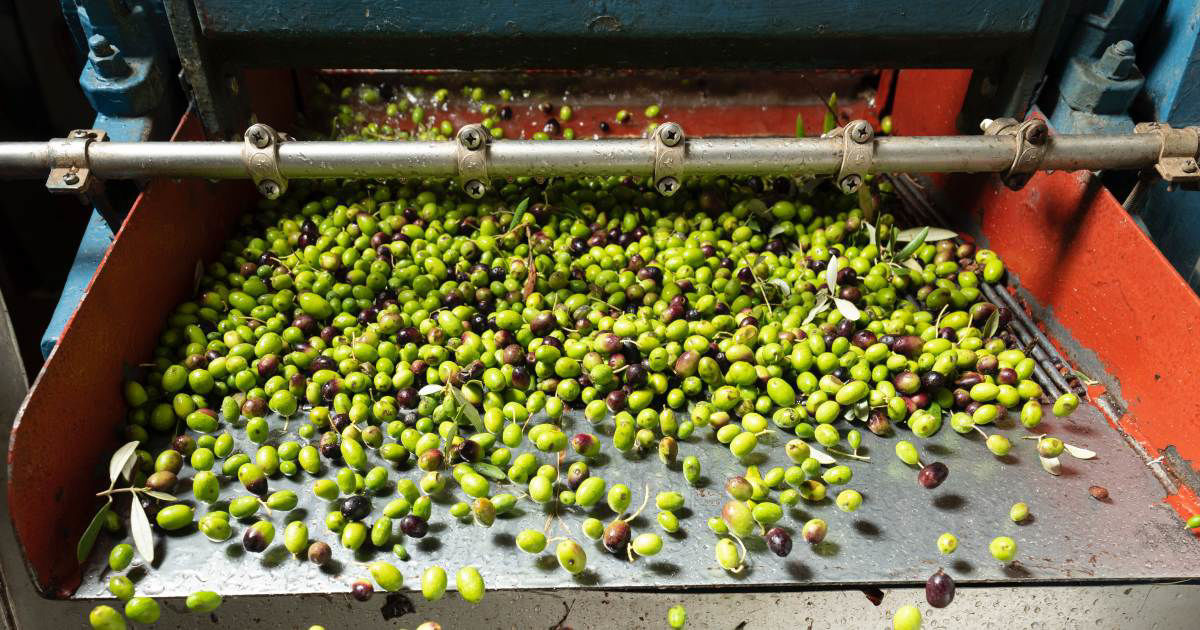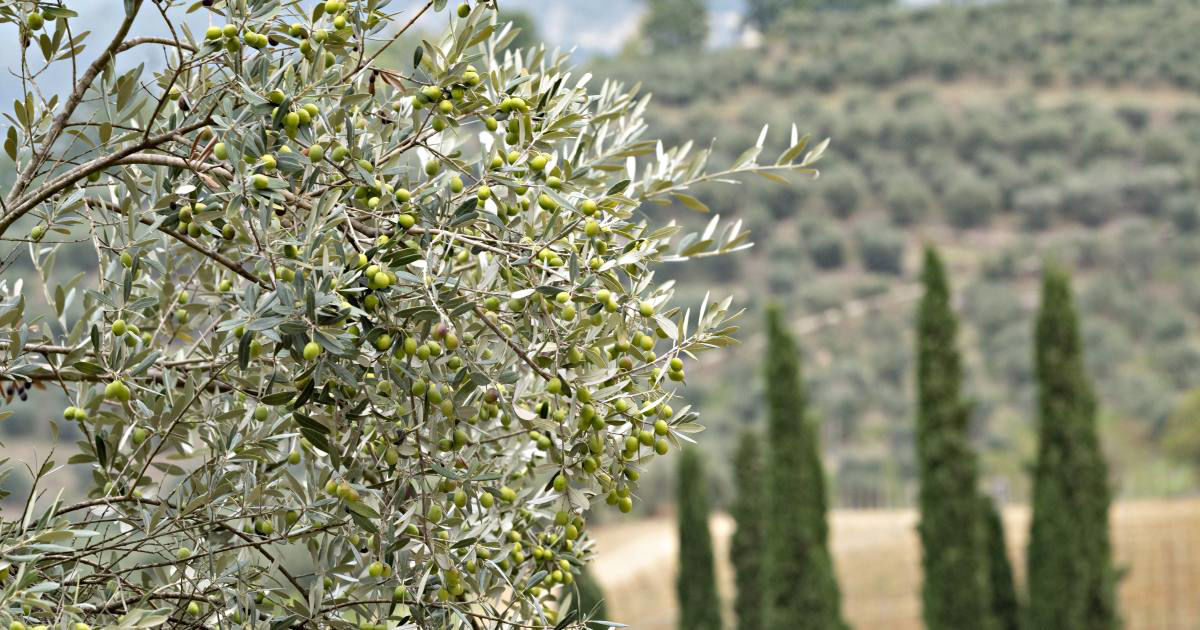
There is no doubt that olive oil has become an indispensable product in our diet thanks, in large part, to its positive effects on health. Fat acids, vitamins, and other lesser-known elements, such as polyphenols, are responsible for olive oil’s benefits, making its consumption more than advisable. But what are polyphenols? Follow this guide to learn all about polyphenols in olive oil!
Health benefits of olive oil’s polyphenols
Polyphenols are molecules with antioxidant properties. Their presence affects the organoleptic features of the oil, so depending on them it can have a different flavour or even a different spiciness. Furthermore, the polyphenols present in olive oil also protect it from the natural oxidation process and are essential for preserving its properties.
Polyphenols are present in most foods and fruit, and, in the case of extra virgin olive oil, their concentration varies according to the variety of olives, the time of harvest, and the conservation of the oil obtained. The shortening of the processing times of the oil, from the moment of collection to the arrival at the oil mill, and the correct conservation of the olive oil, contribute to preserving the original properties of the raw material, contributing to a high concentration of polyphenols. Therefore, after processing, olive oil must be stored properly, avoiding oxygen, high temperatures, and light.
Thanks to the high concentration of antioxidants they contain, polyphenols are very beneficial to the human body, even if the latter can generate its own antioxidants, these are generally not enough. With their anti-inflammatory, blood sugar-balancing, and heart disease risk-reducing properties, polyphenols offer a holistic approach to well-being.



Thanks to the high concentration of antioxidants they contain, polyphenols are very beneficial to the human body, even if the latter can generate its own antioxidants, these are generally not enough.
Cooking with olive oil rich in polyphenols
In cooking, extra virgin olive oil is versatile and indispensable. It can be used in any way and is very beneficial to the human body. The function of polyphenols within the human body is to keep human cells healthy. In particular:
| Anti-inflammatory and antiviral properties | The anti-inflammatory properties of polyphenols can help reduce the risk of various diseases. |
| Blood sugar balancing | Polyphenols help stabilise blood sugar and reduce insulin resistance, which reduces the risk of diabetes. |
| Acceleration of cancer cell death | Some studies suggest that polyphenols block the growth and development of this type of cancer cell. |
| Polyphenols reduce the risk of heart disease | Antioxidants help reduce chronic inflammation, the leading risk factor for heart disease. |
| Polyphenols help strengthen the intestinal bacterial flora | A high content of polyphenols promotes the growth of beneficial intestinal bacteria, aiding digestion. |
| Useful in sport nutrition | Polyphenols are very important in an athlete's diet because of theirs potential anti-inflammatory and recovery-enhancing effects. |
| Positive effects on brain health | There's a growing interest in how polyphenols may contribute to brain health and potentially reduce the risk of neurodegenerative diseases. |
| The polyphenols also add a lot of flavour | The presence of polyphenols contributes to the astringency, bitterness and spiciness of the oil and generally gives the food a good flavour. |
And if you're wondering if cooking destroys the polyphenols in olive oil, the answer is: it depends. It's essential to use low to medium heat when cooking with olive oil to minimize potential degradation of polyphenols. Moreover, incorporating extra virgin olive oil into a variety of dishes, both cooked and raw, allows you to enjoy its health benefits.
Skin benefits of using polyphenol-rich olive oil
Extra virgin olive oil is a product characterised by a high content of vitamins and polyphenols. Therefore, it is not surprising that it is an essential ingredient for skin care. It is particular:
- Moisturizing - Extra virgin olive oil has a high content of vitamins A and E. Thanks to this, olive oil becomes a great ally if you want to leave your skin soft, radiant and avoid dry skin.
- Anti-aging - One of the best-known benefits of extra virgin olive oil is its action against free radicals, thanks to the high level of polyphenols. For this reason, olive oil fights premature aging.
- Repairs damaged tissues - The polyphenols contained in extra virgin olive oil and its vitamins help speed up the healing process of damaged skin tissues. Many specialists recommend using a little bit of olive oil on superficial wounds.
How to choose the olive oil richest in polyphenols
Acidity, peroxides, polyphenols, and sensory analysis of extra virgin olive oil are parameters of great importance for classifying the oil and determining its quality. The minimum concentration of polyphenols in extra virgin olive oil is 100 mg/kg and this concentration decreases over time, but this also depends a lot on the method used for conservation, which must be kept away from light and sources of heat.
Polyphenols can give us important indications on the quality and purity of olive oil, above all because they are more concentrated in extra virgin and high-quality oils. Therefore, when choosing an oil, one should pay attention to the composition of the olive oil.
Oils labeled as "early harvest" or "robust" are often richer in polyphenols. These oils are made from olives that are harvested at an early stage of ripeness, typically when they are still green. So, look for polyphenols concentration and labels indicating the harvesting time, and pay attention to how it's conserved.
Try our Laudemio Frescobaldi and find out its unique properties!